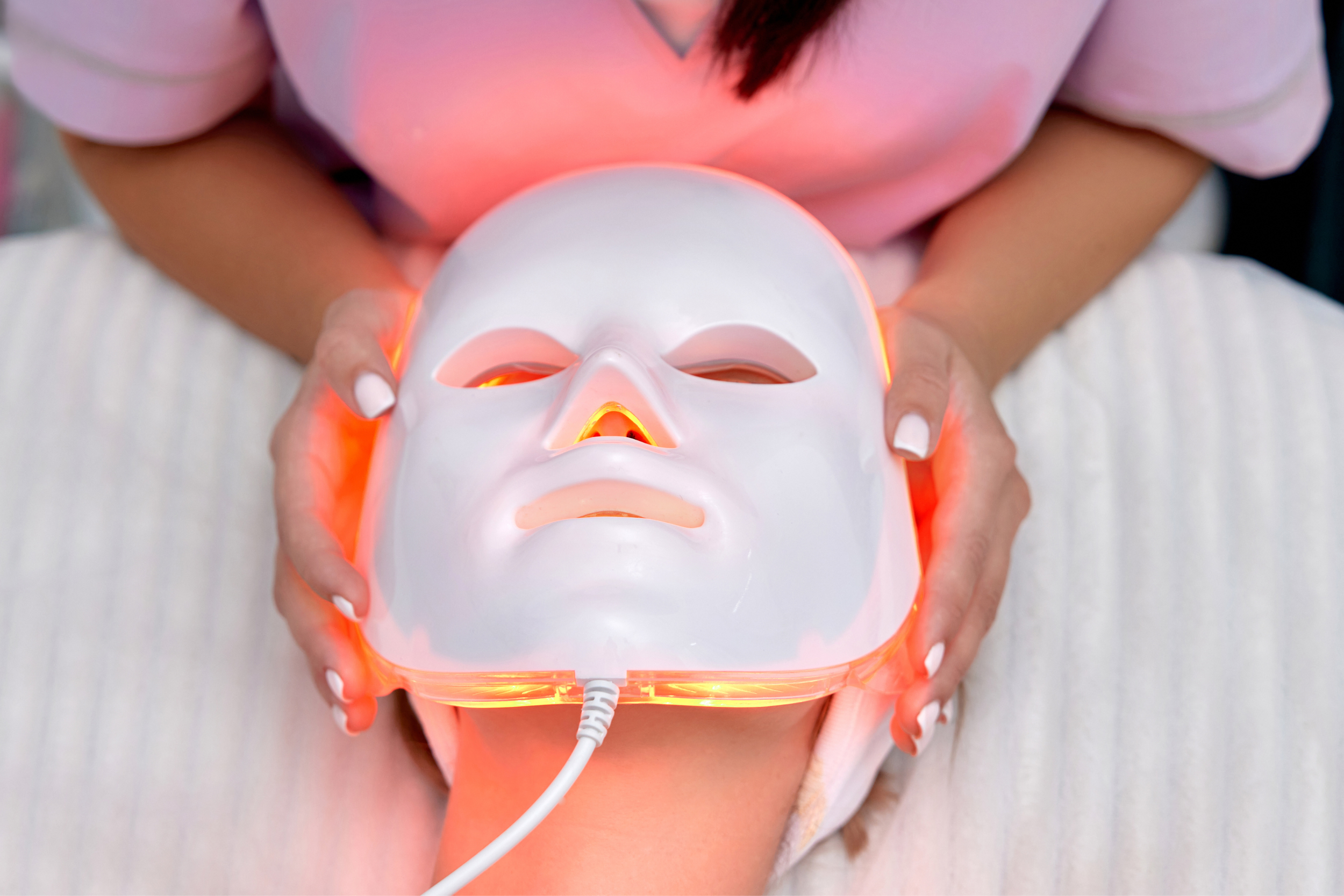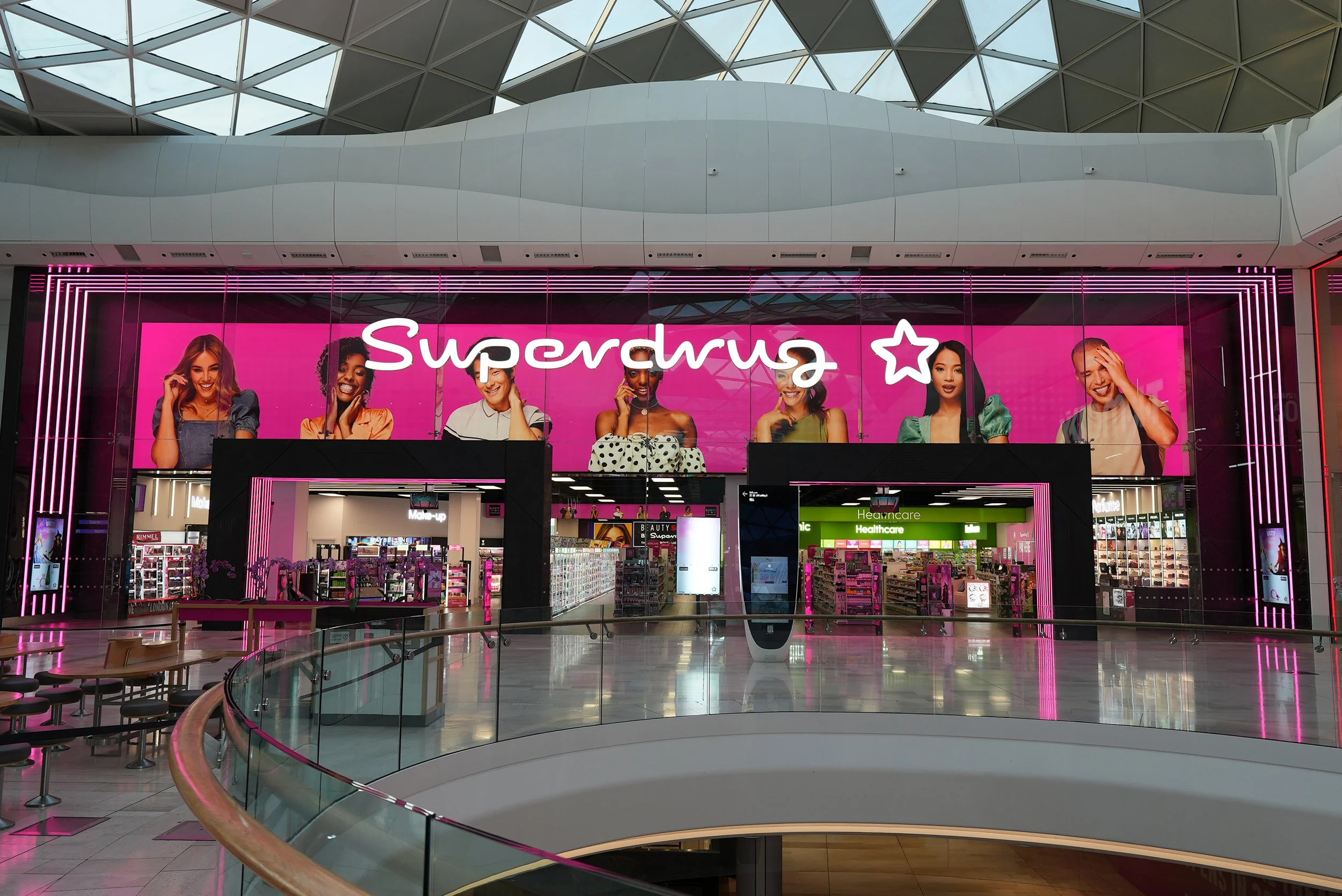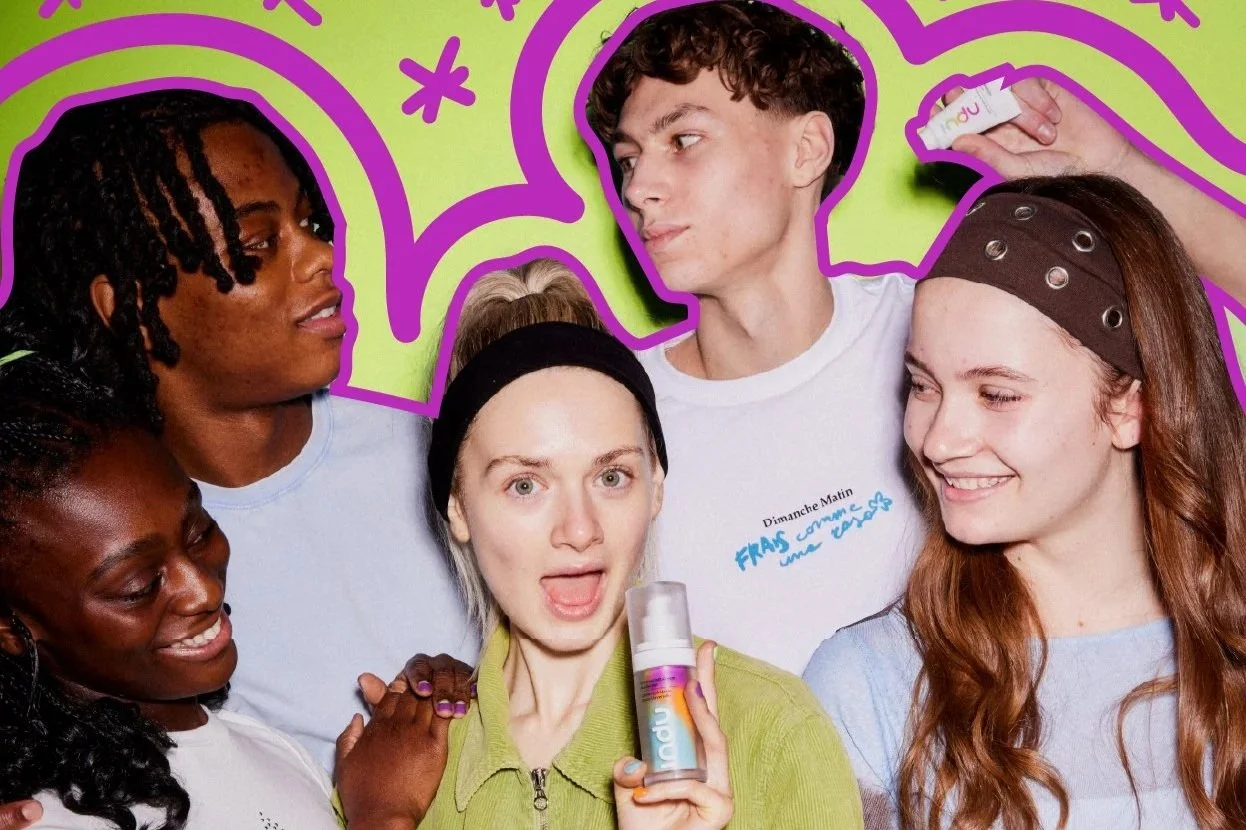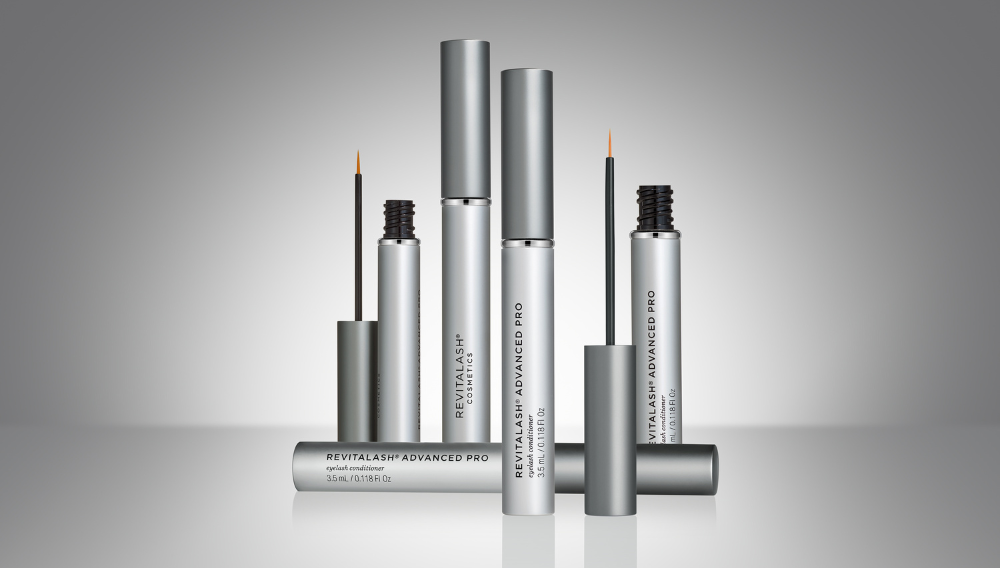ASA Rules LED Face Mask Claims About Acne and Rosacea Are Misleading
The UK’s advertising watchdog has banned a series of LED face-mask adverts after finding they made unauthorised medical claims about treating acne and rosacea. In rulings published on 5 November 2025, the Advertising Standards Authority (ASA) upheld complaints against four companies and ordered the ads not to appear again in the same form.
Ads from Beautaholics, Luyors Retail, Project E Beauty and Silk’n referred to outcomes such as “treats acne”, “reduce acne-causing bacteria” and easing rosacea. The cases were identified by the regulator’s AI-driven Active Ad Monitoring system, which scans online advertising for likely breaches.
Under the UK Code of Non-broadcast Advertising and Direct & Promotional Marketing (the CAP Code), marketers can only make medical or medicinal claims if a product is a licensed medicine or a medical device with the appropriate conformity marking and registered with the Medicines and Healthcare products Regulatory Agency. The ASA said those conditions were not met for the LED masks in the four cases.
One ad for Silk’n featured a testimonial stating, “Finished with the blue light to help treat my acne and scars.” The ASA said that was a medicinal claim and that “no medical claims could be made for the product, whether or not such claims appeared in customer testimonials.” Project E Beauty’s materials included phrases such as “HEAL ACNE”, “blue light kills acne-causing bacteria” and “fight signs of rosacea”, alongside before-and-after imagery. Beautaholics’ website described its mask as providing “targeted solutions for acne [and] rosacea” and referenced “reduce acne-causing bacteria”. Luyors’ paid post claimed the mask “helps tackle everything from acne … with clinical precision”. All were found in breach.
The watchdog applied CAP Code rule 12.1, which restricts medical claims for beauty products, and pointed to separate requirements in the Medical Devices Regulations 2002 on MHRA registration. UKCA or other conformity marks alone were not sufficient. The ASA told the companies not to make medicinal claims unless they could meet the medical device or medicines rules.
The intervention lands amid strong consumer interest in at-home light therapy. Industry reporting has highlighted rapid growth in the global LED mask market, but regulators say claims to treat conditions like acne and rosacea are reserved for licensed medicines or registered devices. The ASA’s rulings underline that even user testimonials and before-and-after photos cannot be used to imply medical efficacy when those regulatory thresholds are not met.
The four advertisers have been instructed to withdraw or amend their marketing. The ASA said it would continue to monitor LED mask promotion online using its automated tools. Marketers can still describe cosmetic benefits that do not amount to diagnosis, treatment or prevention of a medical condition, provided they hold robust evidence and avoid medical terminology.







